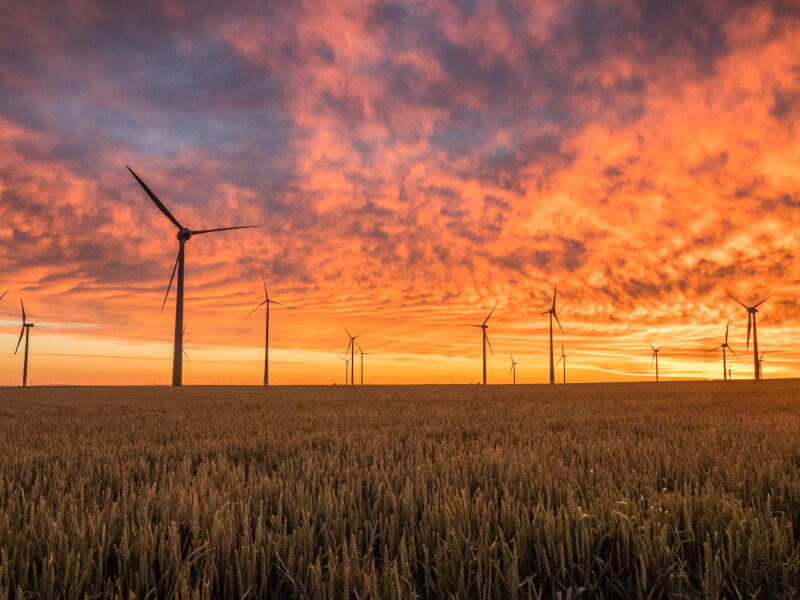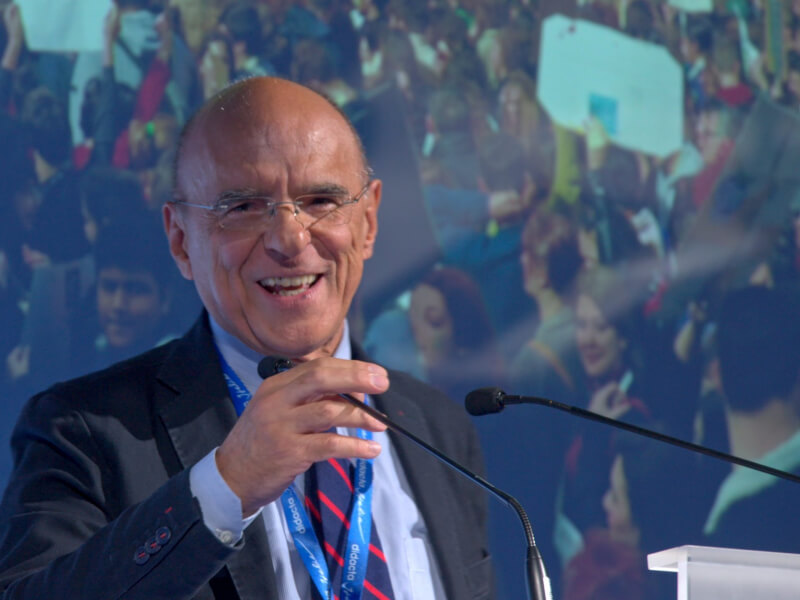12 October 2023 – There is a curious tendency among us humans to turn every issue into a battle of extremes, where opposing sides wield strawmen arguments like weapons. We champion open debate, but it often leads us down a fruitless path. Take renewable energy, for instance. Dare to express the view that renewables are a viable energy source, and you are immediately besieged by a wave of criticism, with some accusing you of wanting to destroy the planet and starve people in pursuit of endless economic growth. On the flip side, there are those who believe that ‘sustainable development’ is merely a green coat of paint on the same old growth-driven agenda.
Is there a middle ground? Marco Raugei, a scientist working in the field of renewable energy, suggests that there might be, in a recent paper published in Biophysical Economics. While he starts with the somewhat cautious statement that “there appears to be a growing polarization,” his message is clear amidst the noise of clashing strawmen. It is entirely feasible to replace fossil fuels with renewable energy, but the world that would emerge will be fundamentally different from the one we know today. And here is the kicker: this shift doesn’t absolve us from the constraints of our finite world.
Let’s simplify some of Raugei’s academic insights from his paper: Addressing a Counterproductive Dichotomy in the Energy Transition Debate
- Systemic Pessimists vs. Technological Optimists- Academic discourse often finds itself split between two camps: the ‘systemic pessimists’ and the ‘technological optimists.’ The former emphasises concepts like carrying capacity, overpopulation, peak oil and resource depletion while downplaying renewable energy’s potential. The latter focuses on the rapid advancements in renewable technologies but often overlooks the broader environmental context. Both camps make valid points but tend to dismiss each other’s arguments, turning the debate into an unproductive battle.
- The Limits to Growth – Back in the 1970s, The Club of Rome commissioned the famous report The Limits to Growth. It showed that the Earth’s finite resources couldn’t support infinite population and economic growth. Today this fundamental concept still holds true. Various studies on energy scenarios, particularly life cycle assessments, have pointed to renewable energies’ high energy return on investment (EROI), sparking debates about whether these resources could postpone the limits to growth indefinitely.
- The Middle Way – The current polarisation in the renewables debate oversimplifies complex issues. Instead of pitting growth against sustainability, we should be asking how much sustainability is realistically attainable and what systemic changes are necessary. It is time to admit that both sets of arguments have merit to some extent. Embracing a more balanced ‘middle way’ approach is the only sensible path for a healthy and scientific debate.
First published in The Sunflower Paradigm.






